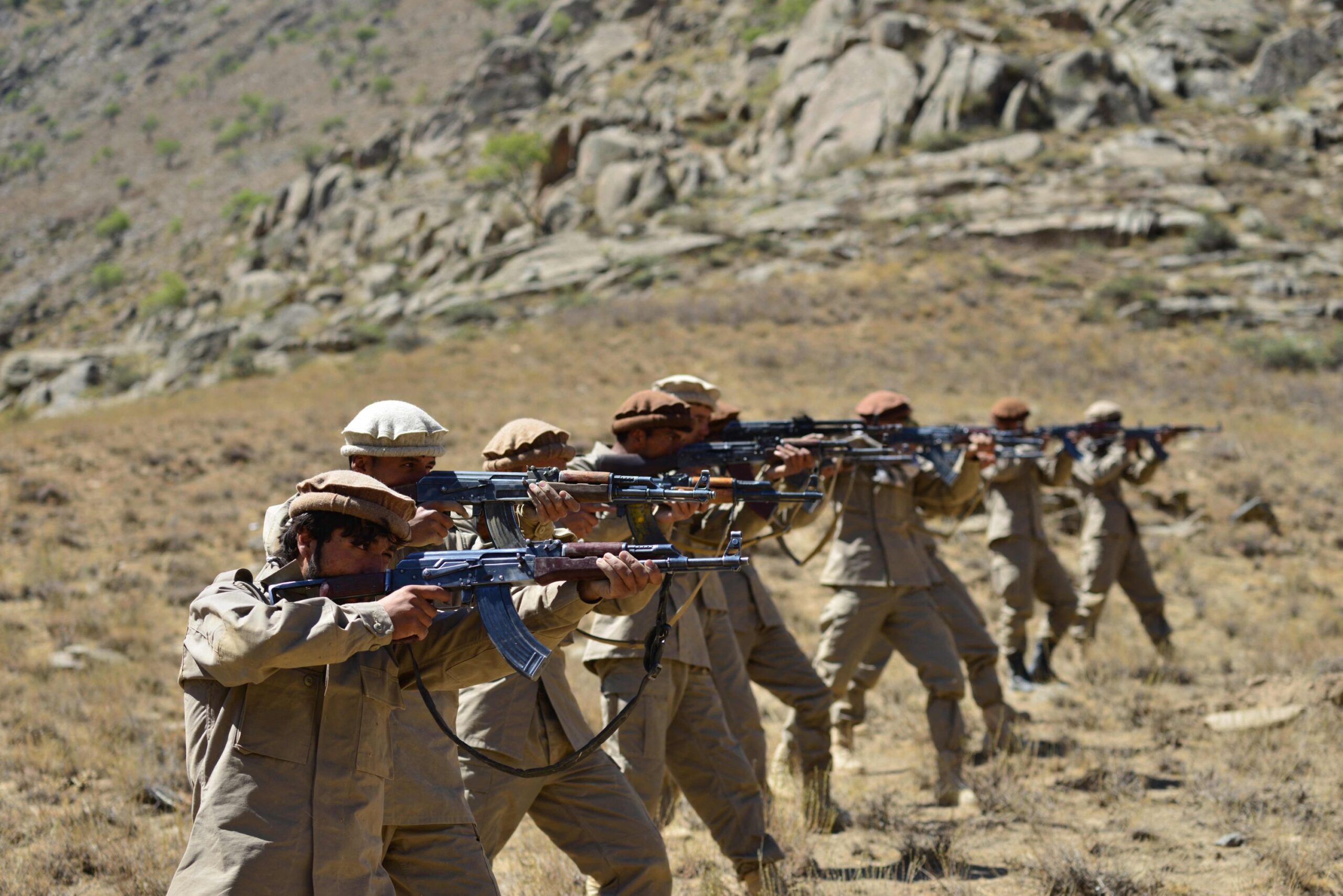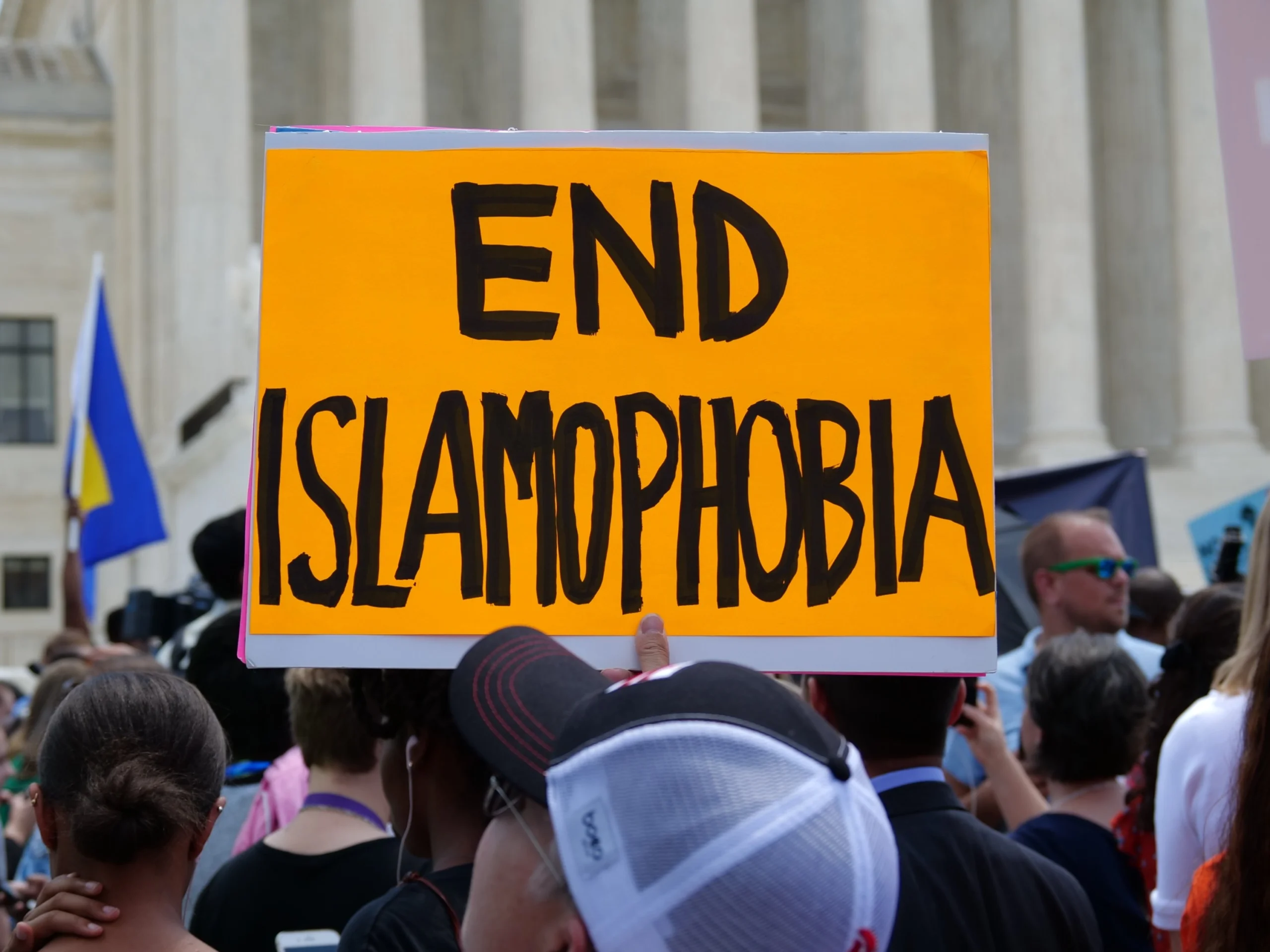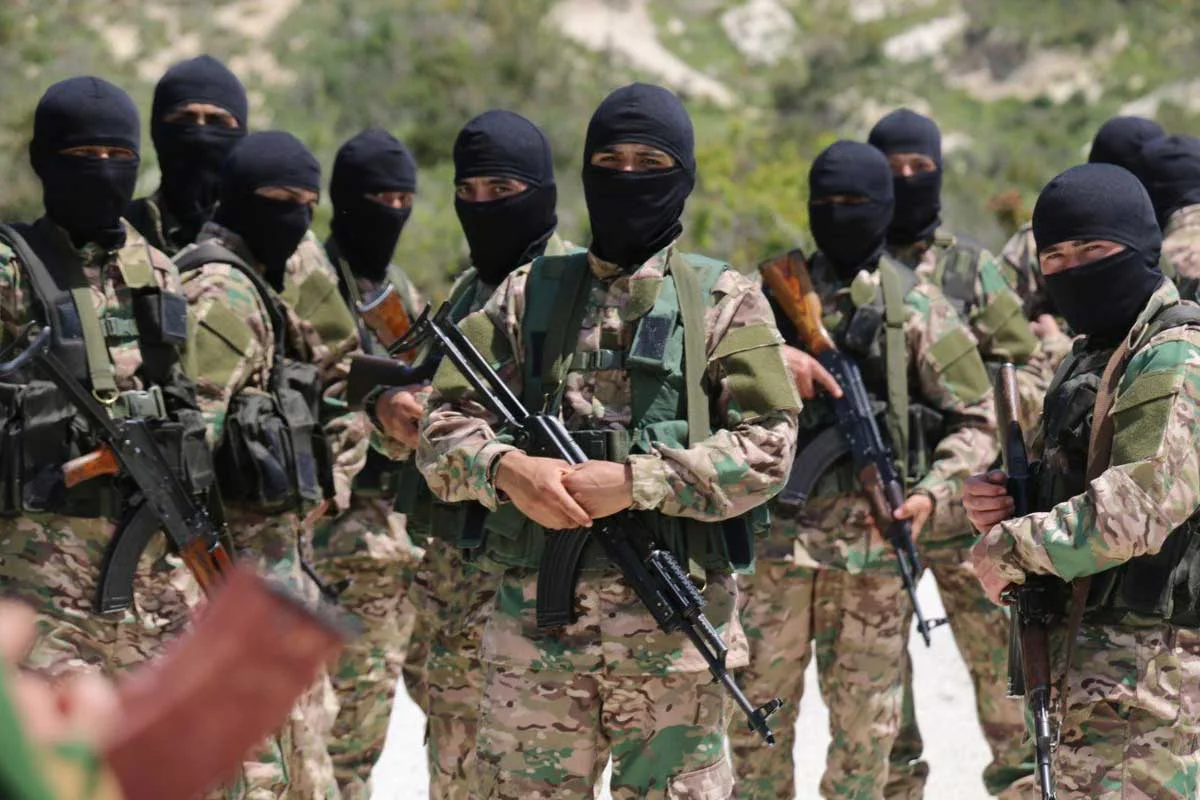Pakistan has issued more than 6,500 visas to Indian Sikh pilgrims for the upcoming Baisakhi festival, the Pakistani High Commission in New Delhi said on Monday.
The spring harvest festival, celebrated primarily in Punjab and northern India, marks the beginning of the Sikh New Year and symbolises spiritual renewal.
Celebrations will centre around Gurdwara Panja Sahib in Hasan Abdal, located roughly 45 kilometres northwest of Islamabad. Pilgrims are also expected to visit other significant sites including Gurdwara Nankana Sahib and Gurdwara Kartarpur Sahib during the April 10–19 visit.
“The large number of visas issued by the Government of Pakistan is a manifestation of our policy to foster harmony and promote understanding between peoples, cultures and religions,” said Pakistan’s chargé d’affaires in New Delhi, as quoted in the official statement.
“Pakistan would continue to facilitate such visits to sacred and holy sites,” the official added.
Also See: From Hospitality to Hard Choices: Pakistan’s Refugee Challenge
The Panja Sahib shrine is revered for a rock believed to bear the handprint of Guru Nanak, the founder of Sikhism. Baisakhi also commemorates the formation of the Khalsa by Guru Gobind Singh, the 10th Sikh Guru, representing spiritual awakening and commitment.
Indian Sikh pilgrims regularly travel to Pakistan for religious observances under the 1974 Pakistan-India Protocol on Visits to Religious Shrines.
This news is sourced from The Express Tribune and is intended for informational purposes only.

![Pakistan grants over 6,500 visas to Indian Sikh pilgrims for Baisakhi celebrations at key religious sites from April 10–19. [Image via The Express Tribune]](https://southasiatimes.org/wp-content/uploads/2025/04/sdf1744053737-0.webp)




